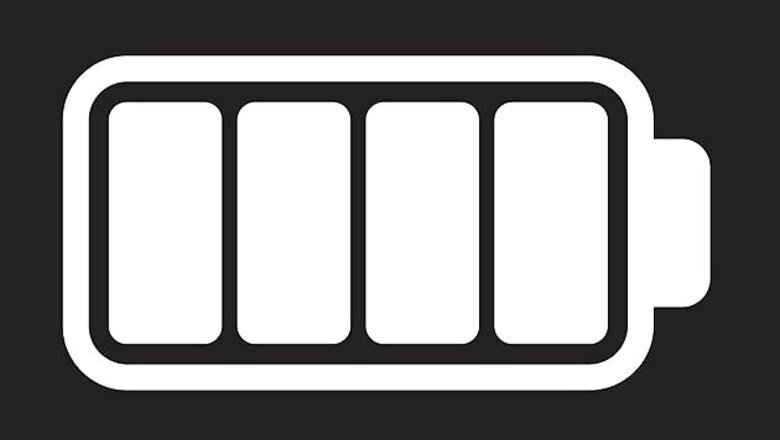
views
New York: At a time when scientists the world over are looking for ways to extend smartphone battery life, a new study suggests that rapid charging and draining does not damage lithium ion electrodes as much as earlier thought.
The results challenge the prevailing view that "supercharging" batteries is always harder on battery electrodes than charging at slower rates.
"The scientists may be able to modify electrodes or change the way batteries are charged to promote more uniform charging and discharging and extend battery life," suggest researchers from the Stanford University and the Stanford Institute for Materials & Energy Sciences (SIMES) at the Department of Energy's SLAC National Accelerator Laboratory in the US.
"The fine detail of what happens in an electrode during charging and discharging is just one of many factors that determine battery life but it is one that, until this study, was not adequately understood," said William Chueh, an assistant professor at SIMES.
For the study, scientists looked at a positive electrode made of billions of nano-particles of lithium iron phosphate.
They made small coin cell batteries, charged them with different levels of current for various periods of time, quickly took them apart and rinsed the components to stop the charge/discharge process.
Then they cut the electrode into extremely thin slices and took them to Berkeley Lab for examination with intense X-rays.
"We were able to look at thousands of electrode nano-particles at a time and get snapshots of them at different stages during charging and discharging," said Stanford graduate student Yiyang Li.
This suggests that scientists may be able to tweak the electrode material or the process to get faster rates of charging and discharging while maintaining long battery life.
"The results can be directly applied to many oxide and graphite electrodes used in today's commercial lithium ion batteries and in about half of those under development," Chueh noted.
The paper appeared in the journal Natural Materials.

















Comments
0 comment